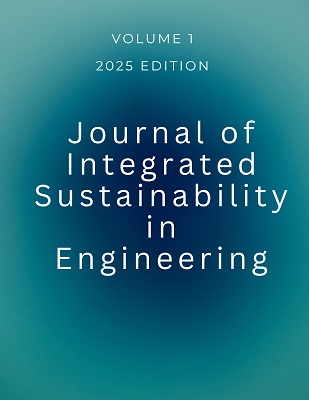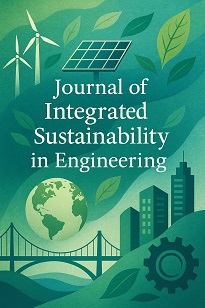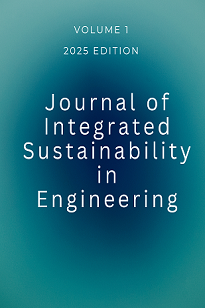Sustainable Conversion of Plastic Waste to Graphene Membranes: Engineering Advanced Solutions for Microplastic Filtration
DOI:
https://doi.org/10.64200/8qq0p414Keywords:
Plastic pollution, Graphene, Recycling, Wastewater treatment, Microplastics, SustainabilityAbstract
This research presents an innovative methodology that simultaneously addresses two critical environmental challenges: plastic waste accumulation and microplastic contamination in aquatic ecosystems. The study delineates a sustainable approach for converting plastic waste into graphene-based filtration materials and evaluates their efficacy in wastewater treatment applications. The investigation encompasses three key phases: optimizing the transformation of plastic waste into graphene, conducting a comprehensive characterization of the resultant graphene materials, and assessing their capacity to filter microplastics from wastewater. Results indicate that the developed graphene-based filters achieve a 94% reduction in microplastic concentrations across diverse particle size ranges. This novel technique not only provides an efficient means of microplastic removal but also establishes a valuable application for plastic waste, in accordance with circular economy principles. The findings elucidate both the technical viability and practical implementation potential of this approach, with profound implications for environmental preservation and advanced water purification technologies. This integrated solution represents a significant advancement in mitigating plastic pollution by repurposing waste materials into high-value components for environmental remediation.

Downloads
Published
Issue
Section
License
Copyright (c) 2025 Priyanka Singh (Author)

This work is licensed under a Creative Commons Attribution 4.0 International License.
This is an Open Access article distributed under the terms of the https://creativecommons.org/licenses/by/4.0/
permitting all use, distribution and reproduction in any medium provided the work is properly cited.
Deprecated: json_decode(): Passing null to parameter #1 ($json) of type string is deprecated in /home/u528617106/domains/jisejournal.com/public_html/plugins/generic/citations/CitationsPlugin.php on line 68


